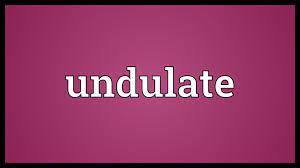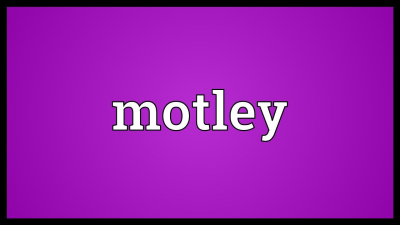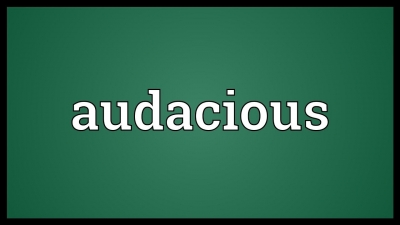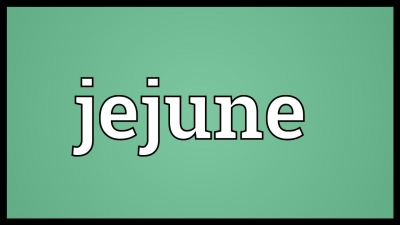What are the meaning, origin and usage of word ‘Splinter’?

(pronounced splint uh)
Meaning: A noun, splinter refers to a small, sharp piece of wood, glass, or similar material that has broken off a larger piece, a fragment or a sliver. It can also be used as an adjective and a verb.
Origin: The term which has been in use in English since the early 14th Century, was borrowed from Middle Dutch splinter, splenter meaning "a sharp fragment of a material". Its adjective form was first recorded in 1935. Figuratively, the word can be used to describe something that separates in a violent way.
Usage: My little sister came crying with a splinter in her finger.
Picture Credit : Google










